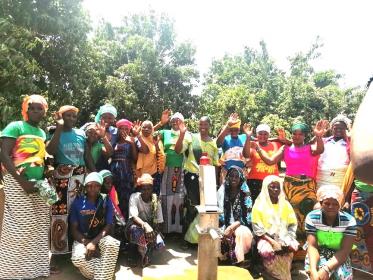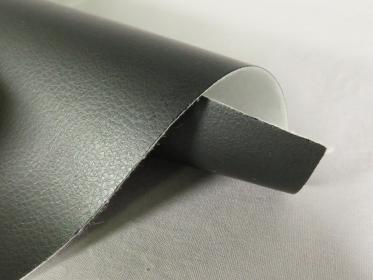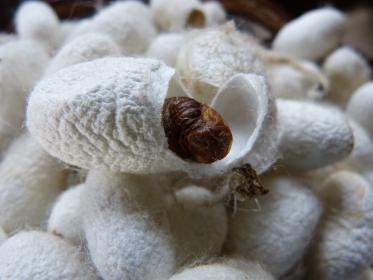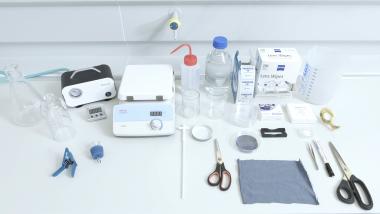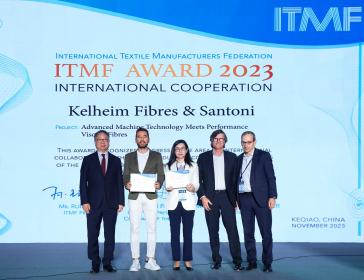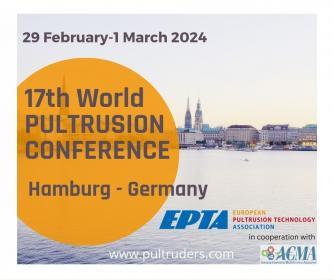Circular Valley Convention 2025: New Platform for the circular economy
The Circular Valley Convention is a new trade fair format organised by Messe Düsseldorf in cooperation with the non-profit Circular Valley Foundation and with scientific support from the renowned Fraunhofer Institute for Environmental, Safety, and Energy Technology called UMSICHT.
The convention looks at the circular economy from a holistic perspective: across industries and materials – and all phases of the circular economy, from smart circular design to the reuse and further utilisation of products.
As a central global platform for the circular economy, it brings together decision-makers and experts from business, academia, politics, and society in one place. Under the motto "Uniting Industries for a Circular Tomorrow", it promotes their networking in order to present and jointly develop circular solutions and processes and drive forward the transformation towards a circular economy.
Messe Düsseldorf is contributing its many years of expertise to the Circular Valley Convention stemming from a wide range of trade fairs such as K, interpack and drupa, which are closely related to the circular economy. The non-profit Circular Valley Foundation, the cooperation partner of the convention, has a comprehensive understanding of the circular economy and a large network. The scientific support provided by the Fraunhofer Institute for Environmental, Safety, and Energy Technology UMSICHT and the associated expertise round off the extensive professional support.
The Circular Valley Convention covers all phases of the circular economy: from the use of renewable raw materials to product design, manufacturing, logistics, and operations all the way through to collection, sorting, and recycling, featuring solutions for different material classes and value chains. The convention combines applied research and practice and is a content hub for top decision-makers and experts. With the guiding theme "Enabling Circular Economy", the focus is on three central topics that enable the transformation towards a circular economy:
- Enabling Value Chains: the implementation of efficient, sustainable, and cross-industry circular solution strategies to maximise the use of resources and make business models fit for the future.
- Enabling Technologies: the transfer of circular competencies such as redesign, refurbish, remanufacture & recycle. The goal is to optimise products and processes using technologies that comply with the principles of the circular economy.
- Enabling Materials: the promotion of the efficient use and recycling of various materials, aiming for the extension of product lifespans and the integration of cross-material circular strategies for the sustainable use of resources.
the Circular Valley Convention offers a three-part event format consisting of a conference, an expo, and a networking event on the evening of 12 March 2024. Over 100 high-calibre speakers are scheduled to attend the conference. More than 130 exhibitors and partners are expected to attend the expo, the marketplace for future-oriented circular solutions, which offers insights into new trends, innovations, and best practice examples.
Messe Düsseldorf GmbH





